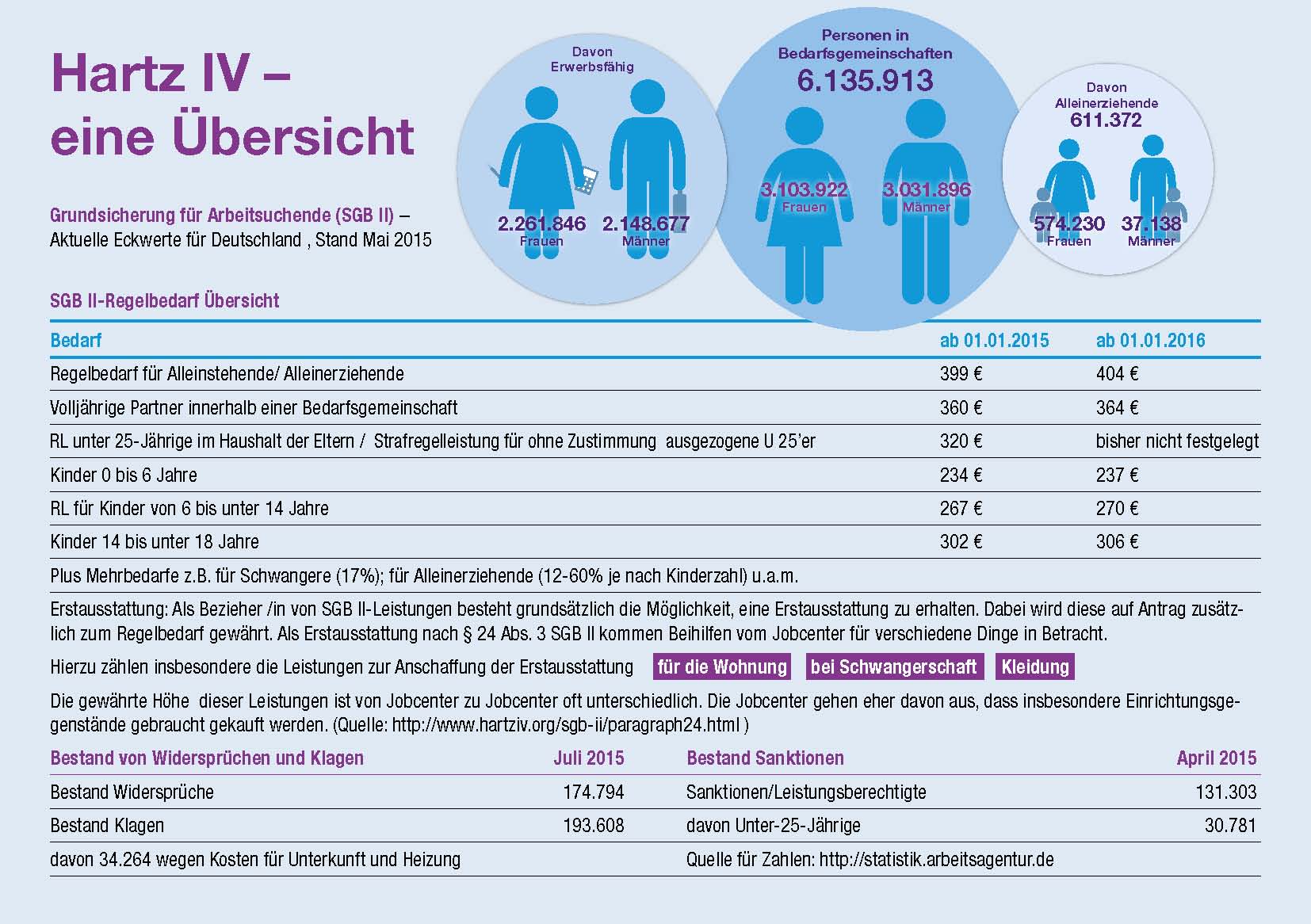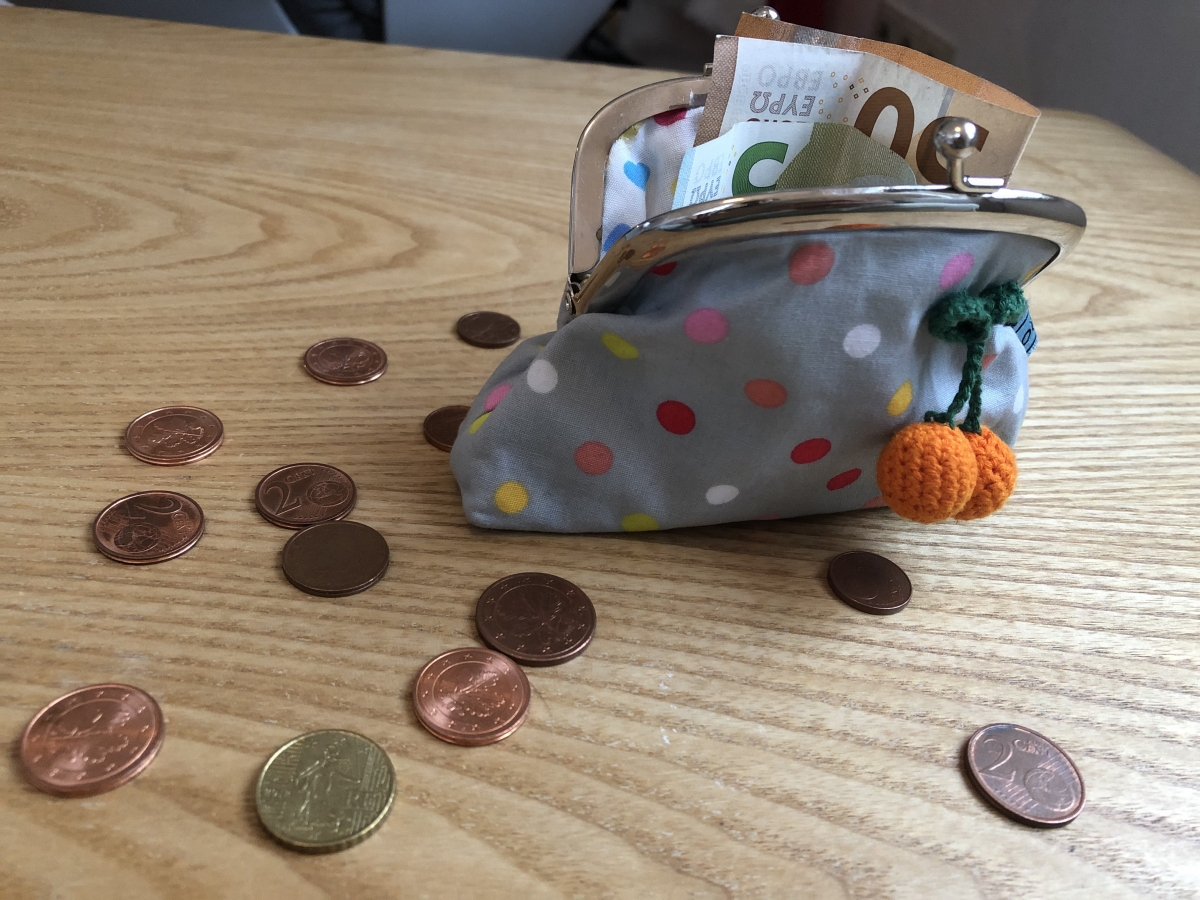
Crime, unemployment, a drastic austerity policy and no prospect of a future – in the streets of Great Britain, the turmoil of young people with no prospect ended in bloody riots. A fifth of German children are poor and have no chance of learning. SZ journalist Felix Berth explains in his book "The Waste of Childhood: How Germany Wastes Its Prosperity", what you have to do to avoid Germany from such riots.
education xperts: Mr Berth, tell us something about yourself and how you came to write a book on child poverty?

Felix Berth, editor of the Süddeutsche Zeitung and author. Photo: Catherina Hess
Felix Berth: I have been an editor for the Süddeutsche Zeitung for more than ten years. I have been writing on family policy issues in the domestic policy department for seven years. In these seven years, the political debate about family policy has intensified. So I became increasingly concerned with child poverty and gradually gathered knowledge from various disciplines and scientific research areas – sociology, economics, psychology and brain research. I talked to children, to parents, to experts. I would bundle my knowledge and my experiences in one core sentence: In the Federal Republic children from the disadvantaged classes are under-supported.
education xperts: First of all, a general one question: How do you define poverty and how does poverty, especially child poverty, make itself felt in Germany today?
Felix Berth: The classic definition is that if you are poor, you have less than half of the national median net income. Poverty in Germany is not a hardship as people knew in and after the Second World War. Child poverty is shown by the fact that the affected children lack life chances.
education xperts: For example, what do these children have less chances of??
Felix Berth: Especially on learning. In the vast majority of families in the Federal Republic, children today have it well and even better than a generation or two before. Because most parents are very committed to looking after their children. For these parents, children have also become an investment, in which you put a lot of commitment so that it becomes something – which I do not mean negatively: The commitment of the parents is generally good for these children.
But there is also a risk group that includes about twenty percent of children. We know that a fifth of the children do very poorly in the PISA tests, so they can only read and calculate extremely poorly. We also know that a fifth of children live in poverty. We also know that a fifth of the children eat poorly and are clearly too fat. Of course, these three groups are not completely congruent – but the overlaps are enormous.
From an early age, these children lack suggestions, learning opportunities, and opportunities. Many of them are therefore less curious, less open-minded; they have less drive and less interest in exploring the world. They learn less well to endure the frustrations that go with learning. Much of this happens well before school starts.
education xperts: You just mentioned the keyword “PISA”. Many place their hope in schools – you say that falls short because children have to be encouraged beforehand. Why are the first years of life so crucial for the development of children’s education?
Felix Berth: If you look at the developmental psychology literature of the 1970s, you get a picture of the infant as a being who only sleeps, drinks and makes diapers. But in recent decades, researchers have shown that this is not true. Today, developmental psychologists tell us that babies as young as six months are capable of astonishing cognitive performance. And of course that continues: learning builds on one another – one step follows the next. If you observe three-year-old children side by side, you will find that they are generally very awake at first, very committed, very involved in the world, but also very different in what they have already learned. And when you see these children at school three years later, these differences are much more pronounced. There are those who are a little disinterested and are influenced by a lot of television, and there are those who look very curious and open-minded.
Recommended reading
Childhood Waste –
How Germany its
Prosperity squandered (€ 17.95)
| Every fifth child in Germany grows up in poverty and has enormous deficits when they start school. Felix Berth shows that only early education can help against child poverty. Order now |
Brain research also shows that a lot happens in the brain in the first few years. This finding fits with the findings of developmental psychologists, according to which the first years are of enormous importance. And every kindergarten teacher from a daycare center will confirm that the "little ones" learn a lot. "Learning" does not mean that the three-year-olds are learning English vocabulary or that they are sitting on school desks. But they learn a lot about the world, their place in it and what they can expect from the world.
education xperts: In your book you say that we are living in a three-tier society again. What do you think, how conscious it is to those who live in the middle or upper class that there is actually a lower class and that especially the children suffer from it?
Felix Berth: I think a lot of parents today have developed something like status panic: a fear that their own family could slip socially. Seen in this way, the perception of “above” and “below” is quite pronounced in many parents. However, this does not mean that a political debate will already arise. But let’s start this debate: do we want a society where twenty percent of children have pretty bad chances – or do we want to change something? If we want to change something, it doesn’t help to hope for school reforms: the support of children has to start earlier.
education xperts: Now of course I’m interested in suggested solutions. In your book you give some examples of how it could be done differently, e.g. B. the Perry Preschool in Ypsilanti in the USA. It has been shown there that children who have attended preschool are far smarter and less criminal than children who have not attended preschool. What can we learn from this in Germany??
Felix Berth: When you look at the results of the Perry Preschool, you think at first glance: It’s impossible. A group of 120 three-year-olds was formed from very difficult African-American families. The parents were unemployed and poorly educated, the fathers often in prison, the families lived in tiny apartments, the children had a very low IQ. Of these 120 three-year-olds, 60 went to a very good kindergarten and 60 children ran as a control group without support to become. Then it was checked for decades: How do the children from both groups develop? The researchers found that there are no major differences in IQ. But there were still dramatic differences: in income, in dependence on social assistance, in drug-related crime, in crime as a whole. In retrospect, after 40 years, you can find that this experiment was highly profitable for society as a whole: the Perry Preschool paid off for every single child – and for the state that funded the experiment.
education xperts: Can a daycare center influence the life path of a child from the lower class so much?
Felix Berth: This success has several prerequisites. For example, the Perry Preschool worked with a very ambitious, clever educational concept. She had a staff key that is more than twice as high as in German kindergartens: in the Perry Preschool there was an academically trained educator for five three-year-old children. This enables intensive care and very elaborate work with parents. Every educator was able to visit one of “his” five families every afternoon in order to learn playfully with the children there and to interest the mothers in the education of their children. However, the educators did not come as social workers who help with family problems – they were experts in successful learning.
education xperts: But you can just transfer that to Germany?
Felix Berth: If you want to learn from this experiment in Germany – of which there were a few more in the United States in the 1960s that were all very successful – the first thing you need to do is to find out how to reach the children who receive the support benefit the most. To do this, you should orientate yourself to the city quarters: daycare centers located in a socially disadvantaged area are the right addressees for such projects. In addition, the political decision is necessary to provide these day care centers with more money. This allows you to hire more and more highly qualified staff and support children more intensively. Ultimately, it is a matter of targeted unequal treatment. However, I warn against believing that everything is done with money alone. We lack pedagogy of educational justice in Germany: Some daycare centers have started to gain experience – but from a systematic, scientifically based pedagogy of equal opportunities are we still far away. The city of Munich is currently making its first intelligent attempt. It starts one of the best social policy experiments we have had in Germany in recent years. In the beginning there was also an economic decision: daycare centers in more difficult districts are financially better equipped.
education xperts: How does this work in Munich, where does this money come from?
Felix Berth: The money comes from the urban household – which of course presupposes that the household allows something that is often no longer the case in poor cities, especially in the Ruhr area. In Munich, however, it was shown that this unequal treatment, which is supposed to strengthen the weaker, is not easy to implement because it "distorts" the greater part of society. A politician who campaigns for this always hears the argument from middle-class parents that "it is just when everyone gets the same thing". This is what you are used to in Germany. This system, for example, shapes our child benefit: Hundreds of billions are distributed with the large watering can without really getting to the needy. One question that comes to my mind is: could that be more precise and targeted?
education xperts: Would that be a way to find a solution to invest child benefit elsewhere in daycare centers or only for the socially disadvantaged?
Felix Berth: As someone who is interested in the well-being of children, I would say: Yes, corrections are necessary. However, as a politically minded person, I believe that reducing child benefit is not politically feasible – I would be happy if we could agree not to increase child benefit for five years. You can see how absurd the situation in Germany is when you hold two numbers next to each other. The one number shows what all schools in the Federal Republic cost – i.e. all elementary schools, secondary schools, high schools, junior high schools, comprehensive schools. They cost the state 55 billion a year. The other number shows what German child benefit costs: there are 41 billion. They are not the same amounts, but the gap is no longer particularly large.
But if people were asked: What is more important to you? In your view, is this distribution correct or would you prefer a different focus? Then most would say: "No, we would have liked to correct that. Because we know that education is more important than child benefit. ”
education xperts: Even if you invest a lot in the daycare centers, the children come back to a home where nothing much has changed. How could you work with parents so that something actually changes in the family??
Felix Berth: You cannot create a wonderful world with early education. A family with a Hartz IV tradition, without access to the job market, with high TV consumption and poor eating habits will not even change because the children go to an excellent daycare center early on. But that’s not the goal either. It is not a question of making bourgeois family ideals valid for everyone – those who wish to do so overlook the fact that we live in a free society. But I would still be happy if the children of such families at the age of 3 and not only at the age of 5 come to an excellent day care center, where they are supported from half past eight to five thirty in the afternoon. This gives these children great learning opportunities, from which many will benefit throughout their lives.
education xperts: Let us dare to forecast the future: What will our society have to do if we do not support these children? We are currently seeing the unrest in Great Britain – something like this could also happen in Germany?
Felix Berth: I’m not incredibly optimistic. German society is certainly still different from British society – the class differences are smaller with us. But we are on a bad path: inequality has grown massively over the past 20 years, the classes isolate themselves from each other much more – also because of the parents’ educational panic. And in the problem areas of poor German cities live young people who share a certain attitude to life: "We have no perspective here anyway." That is exactly the feeling of lack of prospects, from which riot and riots arise.
RELATED ITEMS
-

What does child poverty mean? Child poverty in Bonn
Child poverty: Children particularly affected by poverty In 2007, German children and adolescents spent 19.5 billion euros on sweets…
-

Investments against child poverty pay off, politics – society, dw
Katharina Spieß is a professor of family and education economics at the Free University of Berlin and responsible for education at the German Institute for…
-

Let’s talk about money! How can we women just secure ourselves well for later, city country mom
Dear ones, I do not know how it was and is in your families, but as far as I can see, we are not really talking about in this country…
-

Child poverty in Germany Child poverty has many faces Every fifth child in Germany grows up in poverty. The children do not starve or are…
